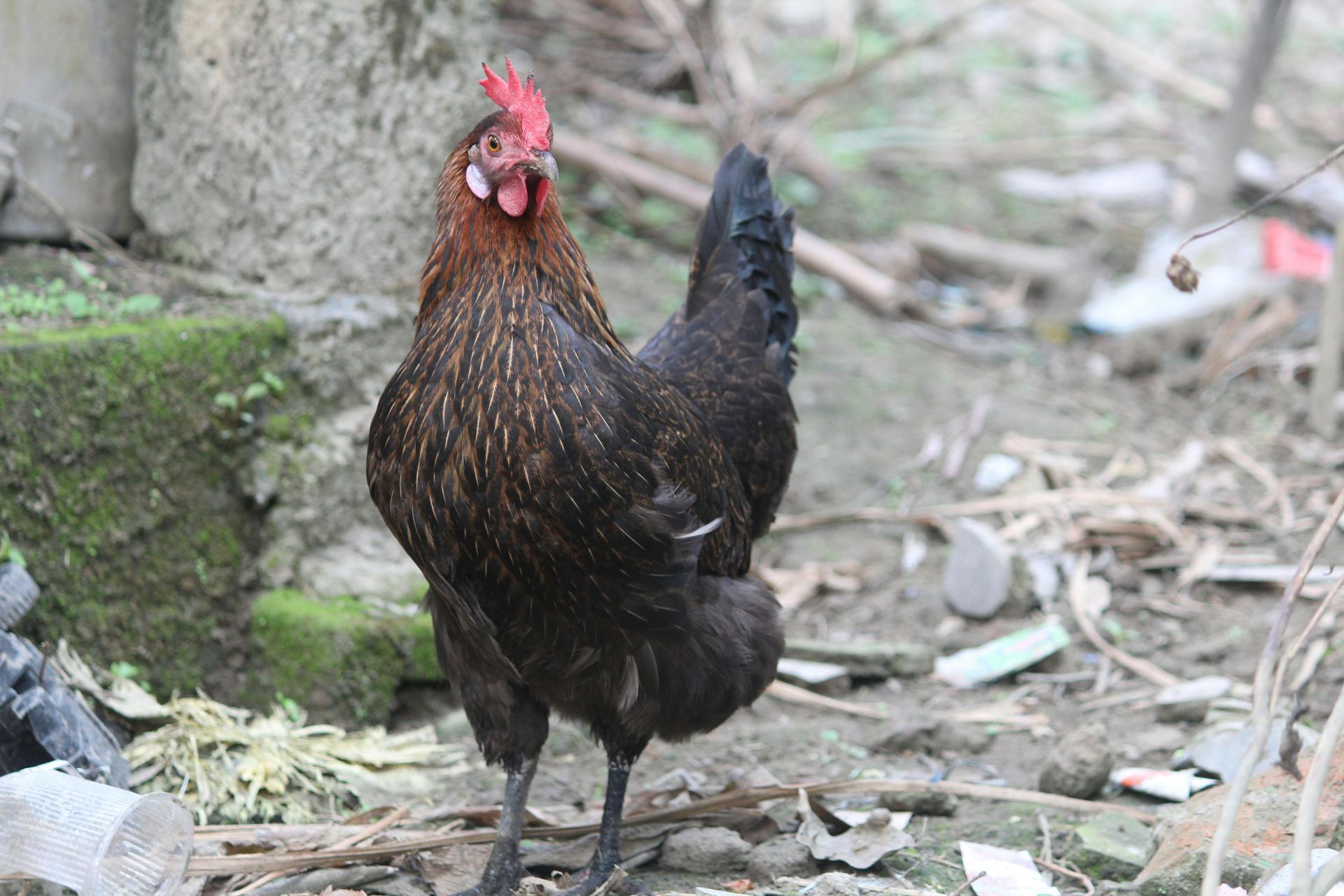What you should know about Avian Influenza ("Bird flu")
The most important take-away: do not handle dead birds in an outbreak area with bare hands!

What you should know about Highly Pathogenic Avian Influenza (HPAI) ("Bird Flu")
Highly Pathogenic Avian Influenza (HPAI) is a serious and highly contagious viral disease that primarily affects birds, but can also occasionally infect other animals, including humans. Here are key points the public should know about HPAI:
1. What is HPAI?
Avian Influenza is a virus that typically infects birds, but the "highly pathogenic" form (HPAI) causes severe disease with high mortality rates in affected birds. This strain is more virulent and can spread rapidly among bird populations.
2. Transmission:
The virus is usually spread through direct contact with infected birds' saliva, nasal secretions, feces, and contaminated environments or equipment. Wild birds, particularly waterfowl, can carry the virus and spread it to poultry farms.
Human transmission: While rare, HPAI can infect humans, especially those who have close contact with infected birds (such as poultry workers). The virus does not typically spread easily between humans.
3. Symptoms in Birds:
Birds infected with HPAI may exhibit symptoms like sudden death, swelling of the head, neck, and eyes, respiratory distress, diarrhea, and decreased egg production.
Affected poultry farms can experience massive die-offs, impacting both commercial and small-scale operations.
4. Symptoms in Humans:
In humans, HPAI infection can lead to severe respiratory illness, fever, cough, sore throat, muscle aches, and eye infections. In severe cases, it can cause pneumonia, organ failure, and death.
People in high-risk occupations (e.g., poultry farmers, veterinarians) are most at risk of infection.
5. Prevention:
Biosecurity measures are essential to prevent the spread of HPAI in poultry operations. This includes restricting visitors, disinfecting equipment, and limiting contact with wild birds.
Human precautions include wearing personal protective equipment (PPE) when handling birds or bird products, especially in outbreak zones.
There is no routine vaccination for humans against HPAI, but antiviral medications may help reduce the severity of illness if administered early.
6. Economic Impact:
HPAI can cause significant economic losses to the poultry industry due to the culling of infected flocks, trade restrictions, and reduced consumer demand for poultry products.
The spread of HPAI can also affect local wildlife populations and ecosystems, disrupting biodiversity.
7. Public Health Response:
Governments may implement control measures such as culling infected birds, closing live bird markets, and imposing travel restrictions to prevent the spread.
Public health agencies monitor human cases and may issue warnings or travel advisories in affected areas.
8. What You Can Do:
Avoid contact with sick or dead birds. If you find a dead bird, avoid touching it and report it to local authorities.
If you are a poultry worker or involved in handling birds, ensure you follow biosecurity guidelines and wear the appropriate protective gear.
Stay informed about outbreaks, particularly if you live in an area with active poultry farming or significant bird populations.
In summary, HPAI poses a significant risk to both the poultry industry and human health, although human-to-human transmission remains rare. Strict biosecurity measures, early detection, and public awareness are key to preventing and controlling outbreaks.

